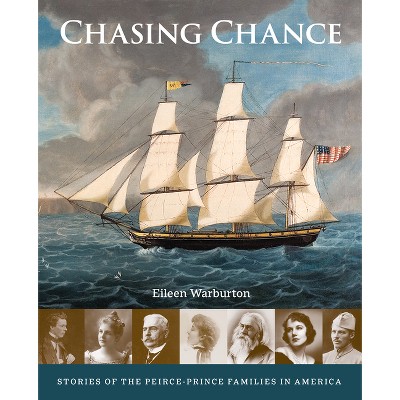Sponsored

The Dark Swallows - by Helen Griffiths (Paperback)
In Stock
Sponsored
About this item
Highlights
- This is the story of two villages, two lovers, two brothers, and two Spains.
- Author(s): Helen Griffiths
- 290 Pages
- Fiction + Literature Genres, Historical
Description
About the Book
This is the story of two villages, two lovers, two brothers, and two Spains.
Book Synopsis
This is the story of two villages, two lovers, two brothers, and two Spains. The dark swallows witness the doomed passion of Bernardo, carpenter and dreamer, and Elvira, self-willed daughter of the despotic leader of local affairs, who live in neighbouring villages on the austere Castilian plain. The clash of opposing villages and hostile parents threatens their happiness, but the far greater conflict of civil war destroys it.
With the skill of a Greek dramatist, the author builds the inevitable tragedy, evoking the pettiness of village life, the harrowing bitterness of war, and the lives of simple people controlled by events too powerful to escape. The Dark Swallows is written with a directness that brings the story to a moving conclusion and reveals with rare understanding the emotions and background of Spain's brutal war.
Review Quotes
'Immensely impressive' - The Daily Telegraph
'Anyone who imagines that tragic themes can no longer be tackled head-on (if at all) and that 'traditional' modes of expression are inadequate for this day and age (1967) should look to the work of this greatly gifted, self-effacing young writer and think again.'
- Iain Hamilton, The Daily Telegraph, 1966
'It is a poignant and tragic story, told in an impersonal manner. The author's style is limpid and poetic, with many passages of great beauty. Her understanding of Spanish village life is first-rate. All in all, it is a fine piece of workmanship and should prove absorbing reading for adults.'
- Bestsellers New York, 1966
'There have been few more poignant books about a revolution and a brave people's suffering.'
- The Miami Herald
'Griffiths' evocation of the Spanish background is masterly.'
- The Malay Mail
'Miss Griffiths, who now [1966] lives in Spain, has written for children since she was fifteen. There is nothing childlike, however, about this quietly authoritative first novel which takes place during the Spanish Civil War and deals with the love of Bernardo, a gentle carpenter, for Elvira, from another village. It is a Romeo and Juliet situation since intermarriage between the natives of these villages is prohibited until the war sweeps such private barriers away while creating new hopeless circumstances. Bernardo is shot on false charges, and Elvira and some of her relatives pull through as best they can. Since this is a novel about survival, its understatement is most impressive in the closing sections.'
- Kirkus Reviews, February 1966
Shipping details
Return details
Frequently bought together
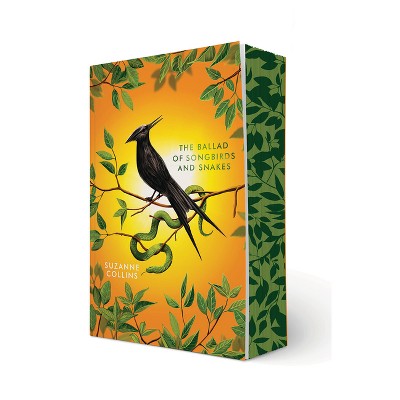
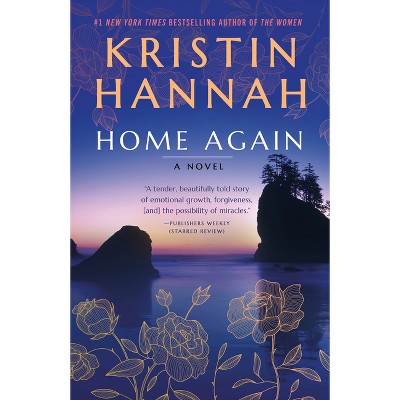
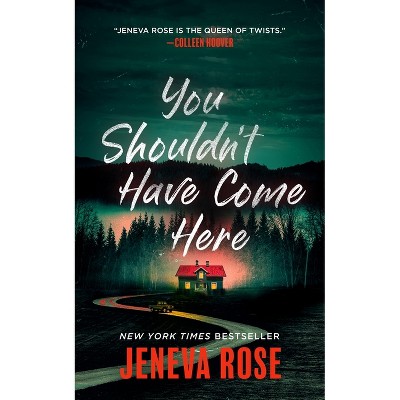
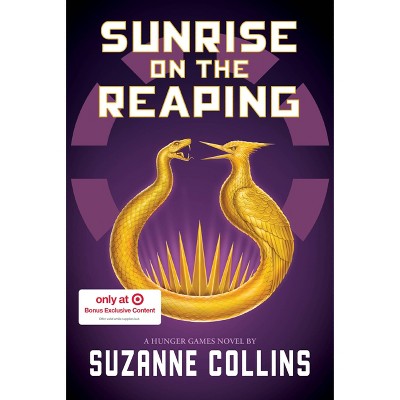
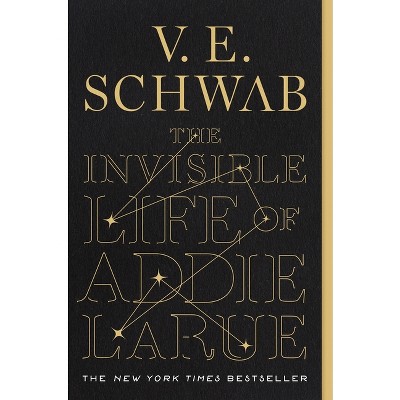
Trending Literary Fiction






